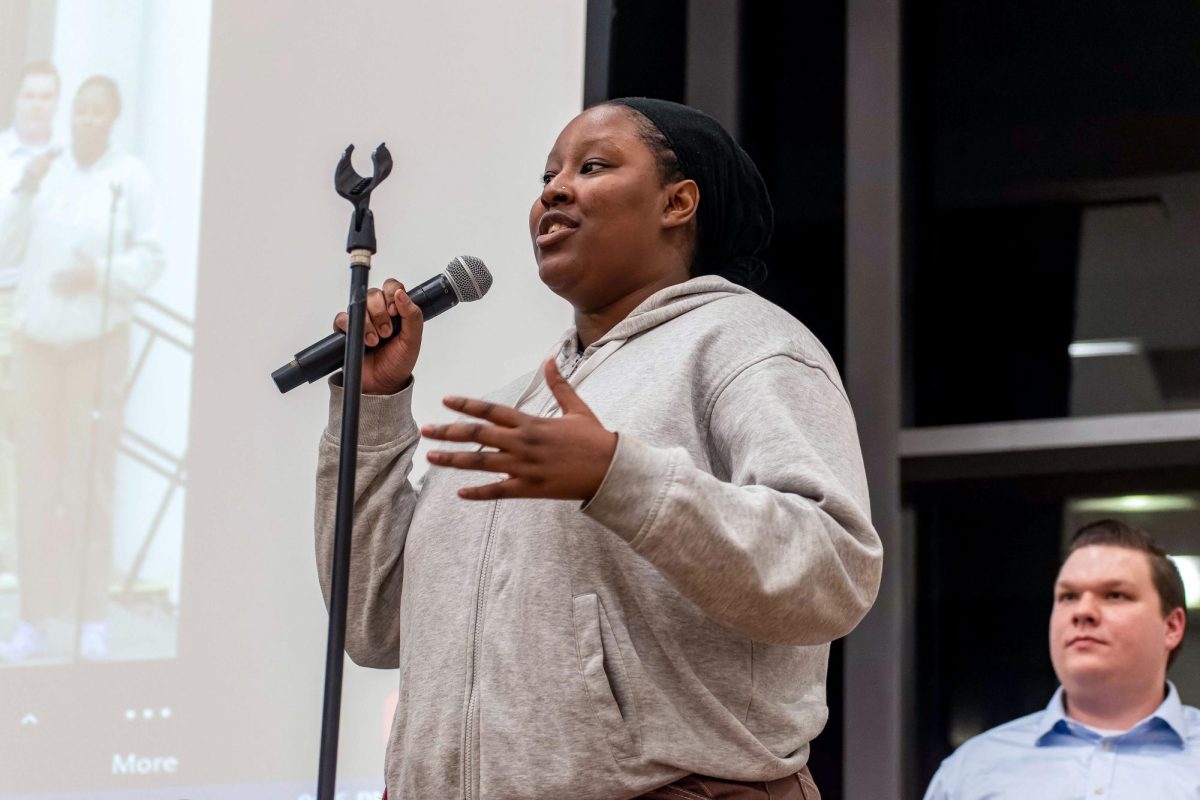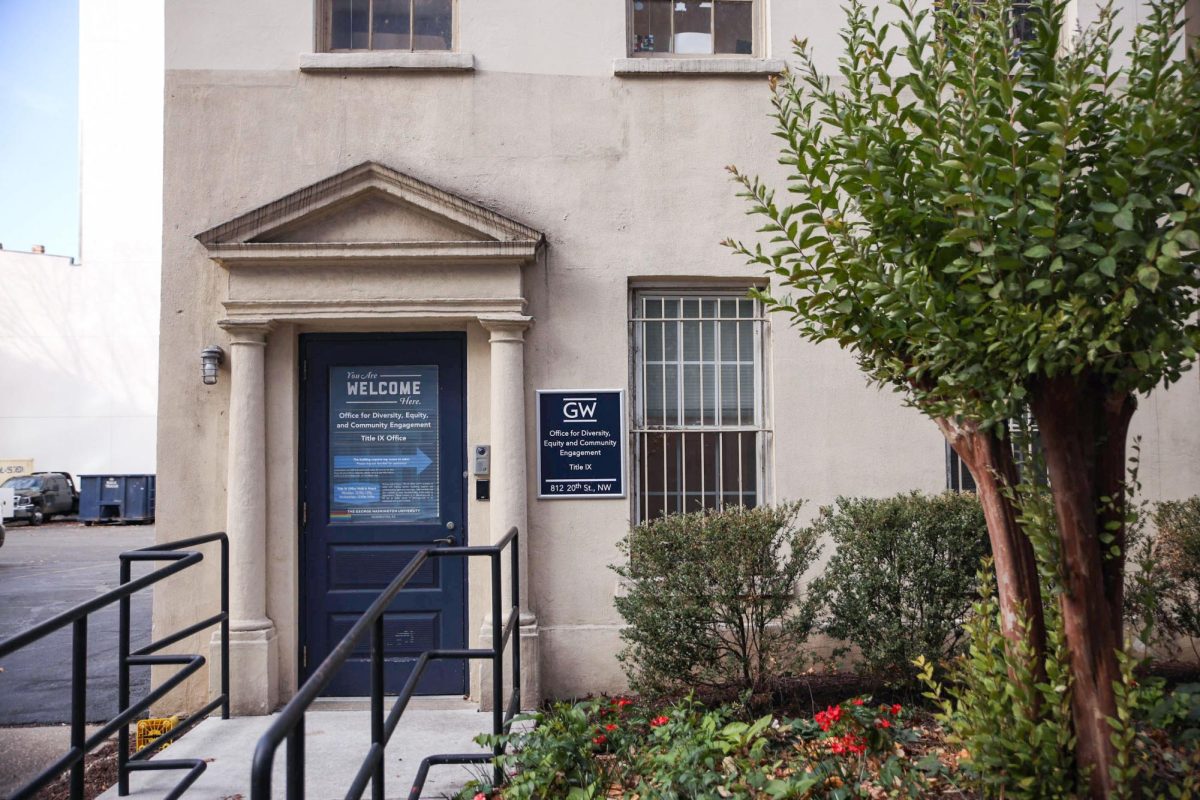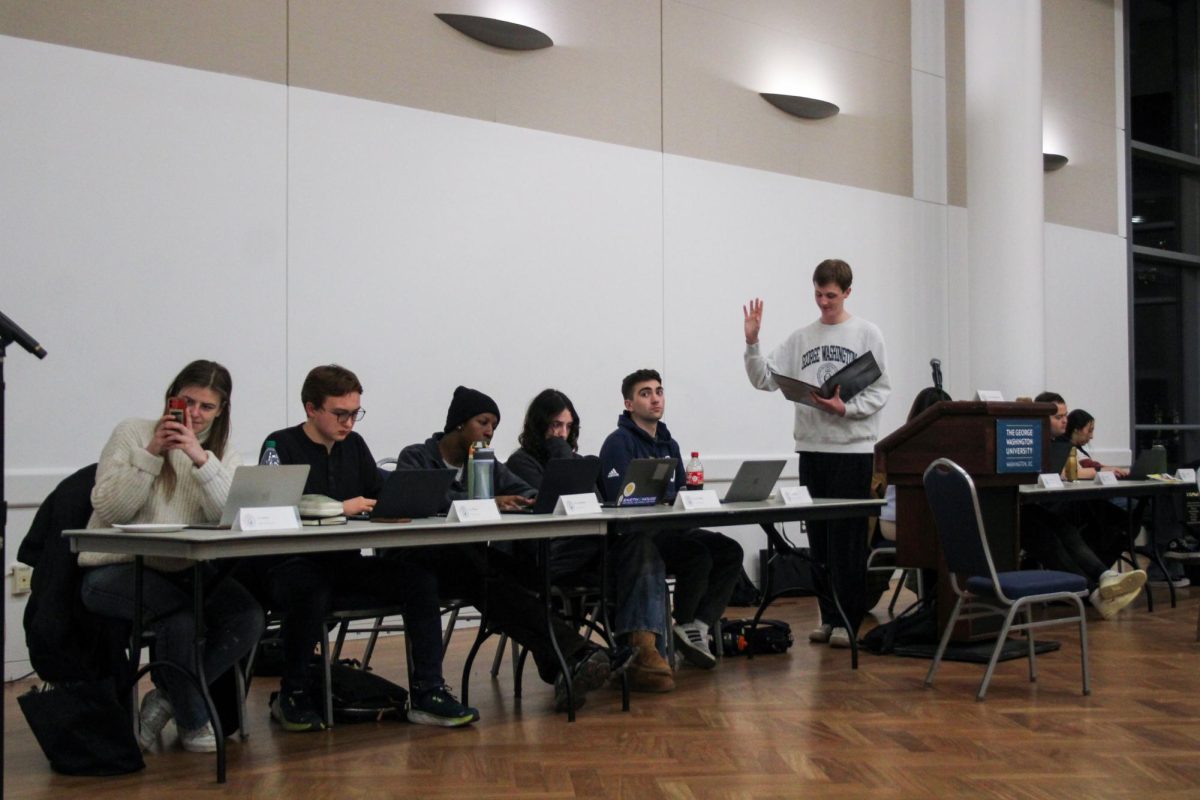Members of the Joint Election Commission on Monday disapproved of a Student Government Association amendment that allows students to collect both virtual and in-person signatures to register as a candidate in the body’s upcoming election.
SGA senators approved an amendment to a bill in February that allows candidates in the upcoming SGA election to receive virtual and physical signatures concurrently, compared to previous years when candidates had to pick one method. JEC Deputy Election Commissioner Michael Ubis said allowing two forms of signatures will make it harder to rule out duplicates, which could delay the date of the election on April 11 and 12, unanimously confirmed by the senate later that meeting.
“While we support what the amendment is trying to accomplish, which is more of a streamlined approach, the unintended consequences could put the election day in peril,” Ubis said.
SGA Sen. Dan Saleem (CCAS-U) suggested the amendment and said he made the recommendation to allow students, including those who live off campus or have physical disabilities that prevent them from being able to sign, to vote for all candidates instead of just those with virtual petitions.
“I understand it adds more responsibilities, but in my eyes and in the eyes of the senate, it seems we would prefer accessibility over efficiency,” Saleem said.
Senators chose not to reconsider the amendment, pushing forward with allowing candidates to collect both virtual and physical signatures.
Senators unanimously confirmed Cat Desouza as communications commissioner for the JEC and Tess Klugewicz as administrative commissioner.
The senate also unanimously passed a bill that will encourage the Faculty Senate to pass legislation at their April 12 meeting that would request professors to use Blackboard Ally. The program is connected to Blackboard and automatically checks digital course materials, converts scanned PDFs into searchable and more readable documents and provides instructors with guidance on converting documents into electronic braille and audio.
SGA Sen. Jonesy Strell (CCAS-U), who sponsored the bill with Disabled Students Collective President Madison Jennings, spoke during public comment on behalf of Emma Mitchell, a blind student who uses Blackboard Ally as a “consistent self accommodation” and relies on the program for all of her classes.
The Disabled Students Collective started a petition earlier this month to encourage University administrators to make the use of Blackboard Ally mandatory for all courses. DSC said Blackboard Ally is far easier to use than going through DSS for accommodations, and this bill would make courses more accessible for everyone, per their statement on the petition.
“GW provides Blackboard Ally as an option to all professors, however it is not mandatory that professors have to use it for their courses,” Strell said. “A lot of disability rights activists on campus like Madison have been pushing to include this program for all GW classes.”
SGA President Arielle Geismar and several senators also asked officials for the second time to condemn comments made by Gov. Spencer Cox (R-UT) at a campus event about healthy disagreement last month, where he compared gender-affirming surgeries to “genital mutilation surgeries.”
At a Faculty Senate meeting in March, University President Ellen Granberg said Cox and other panelists discussed how to bring “healthy conflict back to politics in the media” during the event but did not mention the pushback the governor’s comments received from the student body.
The senate also approved a bill that encourages professors to allow students to attend classes remotely up to 25 percent of the semester. SGA Sen. Michael Rossetti (SEAS-G), who sponsored the bill, said the legislation will work to ensure students are able to participate in classes regardless of their personal circumstances. The University currently lists circumstances like religious observances, documented family and medical emergencies and varsity athletic competitions permissible for attendance accommodations, per the bill.
“If someone has a cat who’s sick, that’s valid, if someone bikes to school but it’s raining, that’s valid,” Rosetti said. “So we have to respect each student’s individual needs and I think that’s an important part of this bill.”
Geismar said she will establish a traveling art installation to promote sexual assault awareness on campus and the SGA will fund up to $125 of costs associated with pieces for the installation. Geismar said in her campaign for president last year she would advocate for initiatives critical to the student body, like sexual assault prevention on campus, to incite a cultural shift at GW.
“If you are someone that you know is an artist who wants to create art around the experience of sexual assault or sexual violence on campus, I really encourage you to apply,” Geismar said.
SGA senators will hold their next meeting April 1 at 8 p.m. on the Mount Vernon Campus in Post Hall.
Hannah Marr contributed reporting.











